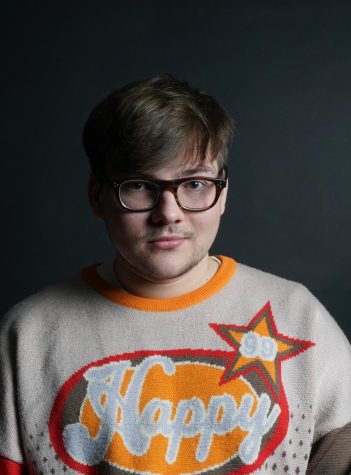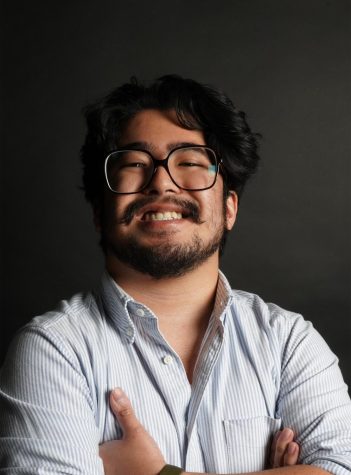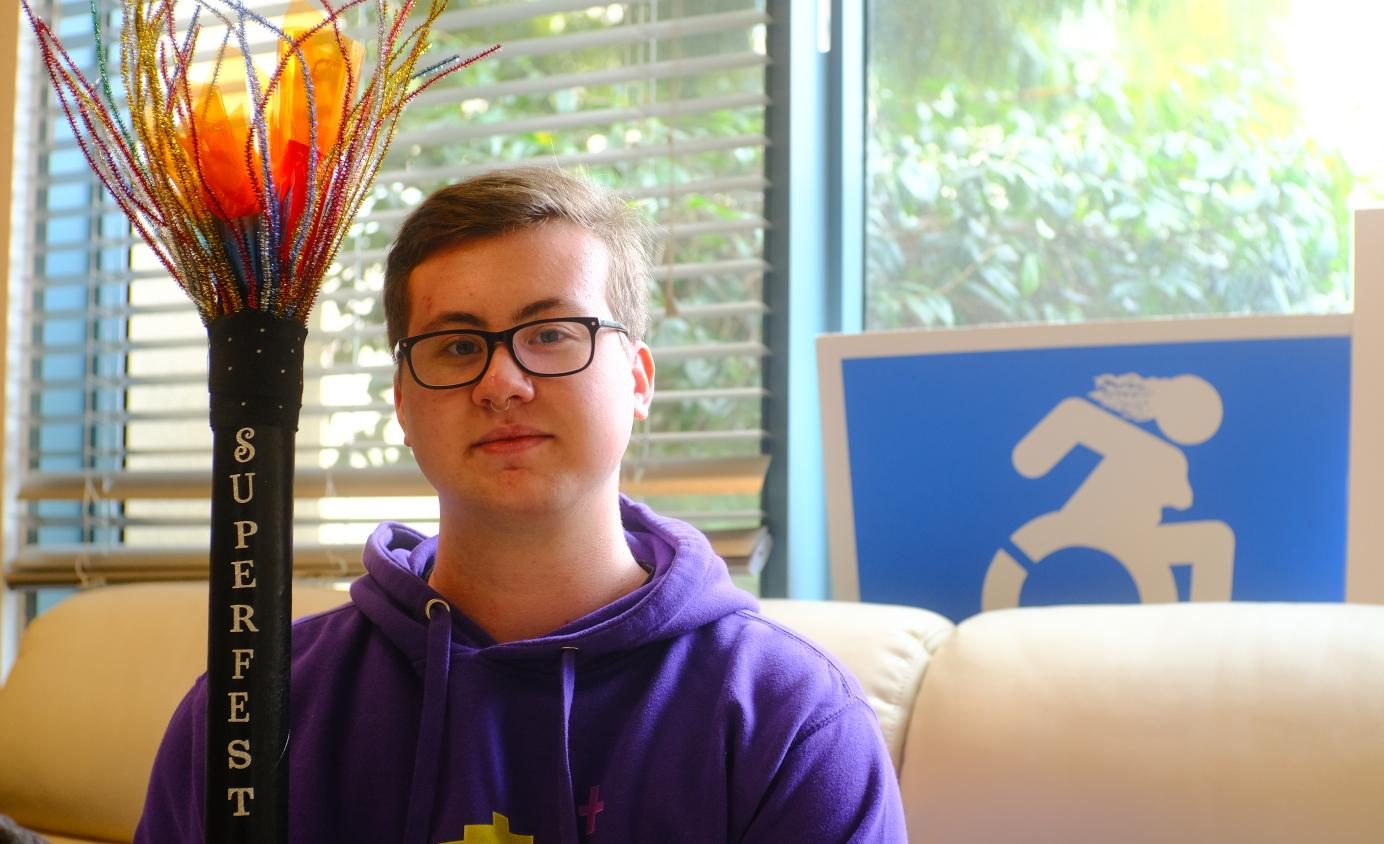



From short films to feature-length films, Superfest will host a variety of disability-related cinema this weekend.
Oct 18, 2022
After sorting through 267 submissions, SF State’s Paul K. Longmore Institute on Disability is ready to host the 36th Superfest Disability Film Festival this weekend.
For the first time in its history, Superfest will be held as a hybrid event. The 20 films that were selected by the jurors will be available on the Superfest website from Oct. 20 to Oct. 23. There will also be live screening events hosted in Berkeley and San Francisco.
Superfest is the longest-running disability film festival in the world. Although it began in 1970, this is only the 36th event; some years were skipped while the festival bounced between organizational homes. It has been coordinated by the Longmore Institute since 2012, and this year marks a decade of Superfest at SF State.
According to Longmore Institute Interim Director Emily Beitiks, Superfest has served as an effective way to dismantle stereotypes about disability.
“Our mission at the Longmore Institute is to study and showcase disability experiences, and use those to revolutionize social views so that we escape this trap of really negative understandings about disability,” Beitiks said. “I think it’s just tremendously valuable to use these films that cover such a wide range of topics to help you think about disability in a new way.”
The featured films at Superfest are selected over the course of two phases. In each phase, jurors are responsible for deciding which films they believe would be the best fit for the festival.
The 267 film submissions are first viewed by a group of jurors made up of SF State students with a diverse range of disabilities. Once the list is shortened, the second group of jurors, which includes filmmakers and leaders in the disabled community, will decide which films will be shown at the event.
SF State senior Nathan Burns has served as a juror in each phase. He is also the Superfest coordinator and takes on various responsibilities like corresponding with filmmakers and working on the Superfest website.
“There’s barely any disability representation in the media,” Burns said. “I was really excited about the prospect of getting to see work from disabled filmmakers directly, who I know are going to do a thousand times better than that.”
Superfest emphasizes overcoming the problematic trend of able-bodied actors playing disabled characters in films. According to a study conducted by Nielsen and the nonprofit organization RespectAbility, approximately 95 percent of characters with disabilities are played by able-bodied actors in TV and film.
Actress Bethany Asher has a leading role in “BEBE AI,” one of the short films that will be shown at Superfest. The film is set in a dystopian future and features a young couple with Down syndrome who must overcome prejudice and danger in order to save the artificial intelligence baby they want to adopt.
“I have lived experience of Down syndrome,” Asher said. “I know at first-hand struggles I face like many others with Down syndrome. So many great actors with disabilities take on these roles, so why would you need to use an able-bodied actor? It makes no sense to me.”
Superfest is hosting its first screening in Berkeley this Saturday from 12 p.m. to 2 p.m. at Freight & Salvage, a venue on the outskirts of the UC Berkeley campus. The second Superfest screening will be hosted at the Asian Art Museum in Civic Center on Sunday from 1 p.m. to 4 p.m.
Superfest passes are complimentary, but donations are encouraged to support the event.

